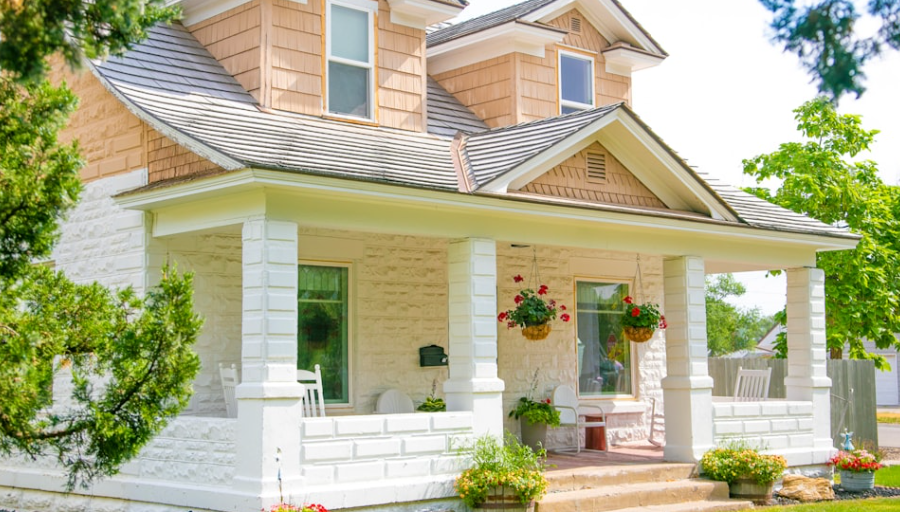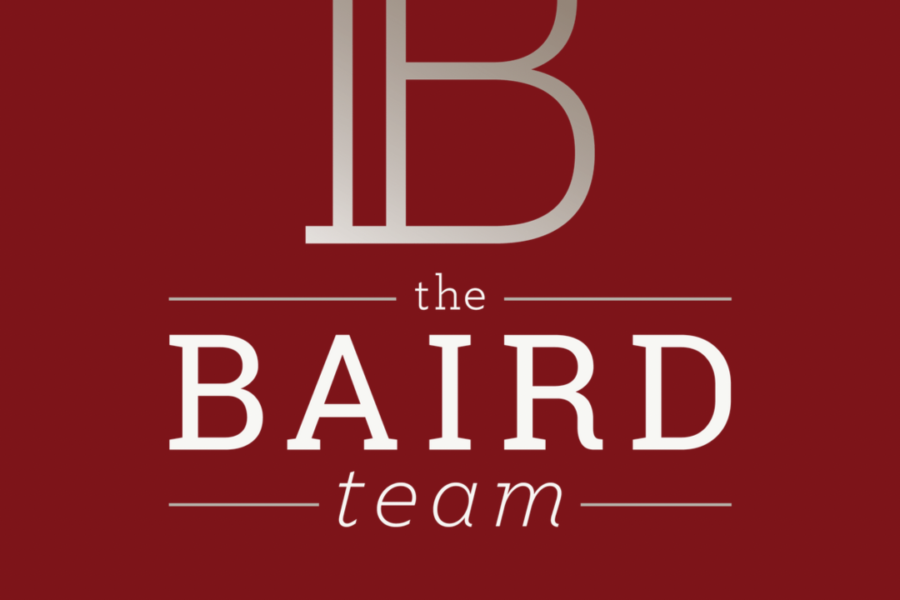Beginners Guide To Real Estate Investing
Posted Apr 15th 2020
in
Lifestyle, RealEstate, Renovations, World
Buying real estate is probably one the most popular methods of investing and if you succeed in doing it right you will make a significant profit. Real estate is a great long-term investment as property value in most cases increases overtime. However, one must remember that investing in real estate is a big commitment that requires a lot of time and money. It is also important for you to understand real estate investing before you commit to your first investment. Consider this blog your first step and beginner’s guide to real estate investing…
Types of Real Estate Investing
Real estate investing can be practiced in many ways. Here are the most common methods people use to invest in real estate.
Home Ownership
Home ownership is the most common form of real estate investing. Due to increasing prices your first, second and even third homes are widely seen as a stepping stones to your forever home – people must build equity and move a couple of times before they reach their dream home. There are very few people nowadays that are content with staying put and trying to pay off their mortgage like people did a couple of decades ago. People now understand that you must get your foot in the door by purchasing what we call a starter home, to eventually progress to a larger home and so on. It is a huge part of achieving financial peace. Remember, paying off your home is one of the best long-term investments you can make. It won’t increase your cash flow, but it will be a huge boost to your net worth by giving you ownership of a valuable asset and equity. You should think about paying off your mortgage or be close to having it paid before you invest in an income property. This allows more financial freedom and a more secure cushion to fall back on in the case of emergency.
Rental Properties
Owning rental properties is a great way to create additional revenue. It may add additional revenue each year and when you decide to sell, you could earn a profit. It all depends on what type of property you buy and how you manage it. The key is to always buy in a good location that has potential for growth.
While rental properties are a great investment option, owning a rental can be challenging for the jb of a landlord is certainly not an easy one. Issues arise like a tenant not paying rent or you are in between renters. You also have to consider the additional expenses of repairs and upholding. Then there is time and effort. Many hours of your own personal time will be used in dealing with issues that arise or finding the right tenant. Choosing the right tenant is another key factor. If you choose right you are setting yourself up for an easier life. If you choose wrong, you will find yourself in a world of frustration. The best way to succeed in this area is to employ a real estate agent who will vet the potential renters ensuring they have good income, credit score and references from previous landlords.
House Flipping
Flipping a house means you purchase it, make updates and improvements, and then sell it within a short period of time. The work you had completed to improve the home will hopefully increase the value and you could gain a very healthy profit. House flipping is a very popular form of real estate investment as it is a fast process with quick results. But just like other investments, there’s a risk you won’t make money on it—in fact, you could even lose money. When flipping a house, remember that the key is to buy low and in a strong market for purchasing. An ideal market would obviously be a buyer’s market, meaning there is more inventory, more choice and lower sales prices due to demand being lower than supply. Before you jump into house flipping, talk to a real estate agent about the potential in your local market.
House flipping involves a lot of hard work and it is imperative that you like hands-on work and DIY projects as you are almost certain to have to complete some work yourself like painting, demolition and landscaping. Make sure to budget plenty of time and money for the process. Updates and renovations almost always cost more than you think they will.
What Are the Tax Implications of Real Estate Investing?
Make sure you have an accountant handy. They’ll be able to help you understand the impact of your investing decisions and keep you up to date on your taxes.. In the meantime, the most common taxes you’ll run into when it comes to investing in real estate is Capital Gains Tax and land transfer tax.
Capital Gains Tax
When you sell an investment property after owning it for at least a year, you’ll pay capital gains tax on 50% of the profit. Basically, if you bought a piece of property and sold it for a profit, you’ve made capital gains. For example: Assume that the profit on a real estate sale is $100,000. As a result, only $50,000, or half of the gain, would be taxable to you at your marginal tax rate
Land Transfer Tax
When you acquire property or land, you pay land transfer tax to the province when the transaction closes.
The tax rates calculated on the value of home purchased:
- 5% on the first $55,000 of the purchase price, plus
- 0% on the amount exceeding $ 55,000 up to and including $250,000, plus
- 5% on the amount exceeding $250,000 up to and including $400,000, plus
- 0% on the amount exceeding $400,000 up to and including $2,000,000, plus
- 5% above $2,000,000.
The land transfer tax rate is the same for residents and non-residents of Canada. Properties purchased within the City of Toronto are subject to an additional municipal land transfer tax. Tip: use online calculator to calculate land transfer tax.
Other Tips to remember…
Stay local and keep it simple at least when you start. The chance of you succeeding is greater when you know the area and you are close to deal with any immediate, unforeseen events. When you invest in properties that are further away, you’ll have to trust a management company to assess damage and make repairs.
Be prepared for things to go wrong. In most cases, renting out property is not as simple as getting renters and checking in once a year. Sometimes rentals can sit empty for months which can be difficult if you are not prepared financially. Also appliances will still break and repairs will be needed. The best way to prepare is to have a good emergency fund.
Hire a real estate agent. They’ll know what areas you should look into with the best potential for profit. Then when you are purchasing the property, you’ll need their expertise to make sure you’re getting a great deal.





